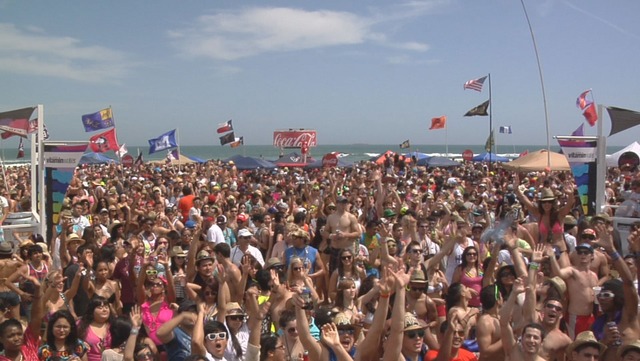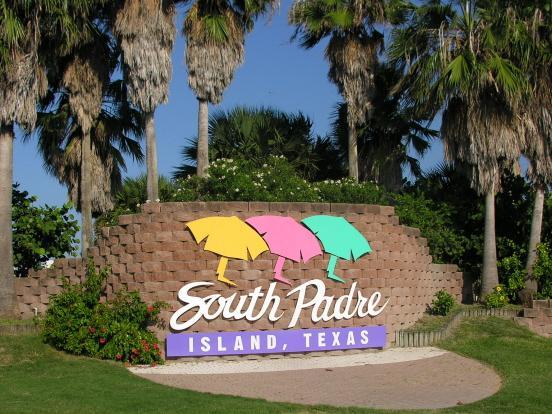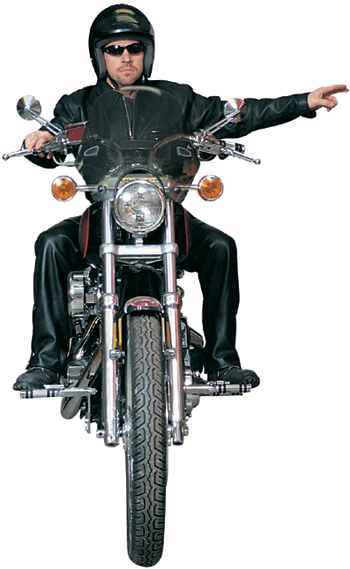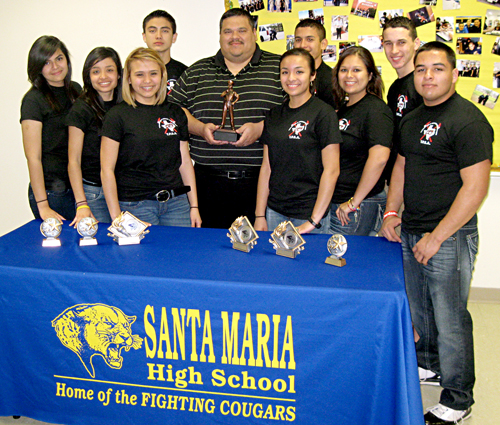- La Feria Community Holds Succesful Business Mixer Event
- Little Nashville to Take Place in Downtown Mercedes
- Lions Basketball Captures District Gold
- La Feria ISD Students Compete in Regional Chess Tournament
- Lions End First Half of 32-4A on a High Note
- La Feria ISD Held Another Successful Parent Conference
- Strong Appearance for Lions at Hidalgo Power Meet
- LFECHS Students Get to Meet Local Actress
- Students Participate in Marine Biology Camp
- Two LFECHS Students Qualify for All-State Band
DPS Increases Spring Break DWI Enforcement
- Updated: March 15, 2013
The Texas Department of Public Safety (DPS) will increase DWI patrols from March 8 – March 17, one of the most active Spring Break periods in Texas.
DPS troopers will focus DWI patrols in high-risk locations at times when alcohol-related crashes are most frequent. The enhanced patrols that target intoxicated drivers are funded through a grant from the Texas Department of Transportation.
“Too frequently people choose to drink and drive during Spring Break, which is an extremely dangerous decision that often leads to senseless tragedy,” said DPS
Director Steven McCraw. “Getting impaired drivers off the roads during Spring Break is a major priority for the department, and we also urge the public to make responsible decisions, such as designating a non-drinking driver or finding alternative transportation if they are impaired.”
During last year’s Spring Break enforcement period, DPS troopers made more than 1,000 DWI arrests, and approximately 300 were the direct result of the increased patrols funded by the grant. DPS enforcement also resulted in more than 9,400 speeding citations, 1,500 seat belt/child safety seat tickets and 12,500 other citations. In addition, troopers made 545 fugitive arrests and 402 felony arrests during routine patrol operations.
The drinking age in Texas is 21, and any driver under that age with any detectable amount of alcohol in their system can be charged with breaking the law. Additional troopers will also be patrolling in areas with high concentrations of Spring Break activity.
DPS offers the following tips for safe travel during the Spring Break holiday:
- Slow down – especially in bad weather, construction areas, heavy traffic and unfamiliar areas.
- Eliminate distractions while driving, including the usage of mobile devices.
- Buckle up everyone in the vehicle – it’s the law.
- Don’t drive fatigued, and allow plenty of time to reach your destination.
- Drive defensively, as holiday travel may present additional challenges.
- Make sure your vehicle is properly maintained before your trip begins.
- Slow down or move over for tow trucks and police, fire and EMS vehicles stopped on the side of the road with emergency lights activated – it’s the law.
- Avoid travel to Mexico. (U.S. citizens who do travel to Mexico should always check the U.S. Department of State website for the latest information regarding security issues in Mexico, and they should register with the Smart Traveler Enrollment Program by visiting http://travel.state.gov/travel/cis_pa_tw/cis/cis_970.html.)






